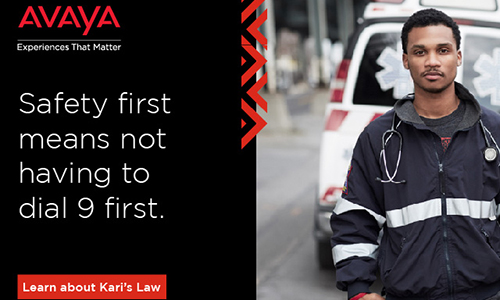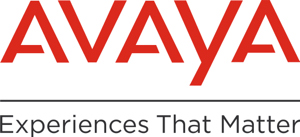Kari’s Law and Ray Baum’s Act require all multi-line phone systems in the U.S. (like those found in campus buildings) to enable direct dial to 9-1-1, direct routing to a 9-1-1 center, and on-site notification of a 9-1-1 call that includes a detailed “dispatchable location” to decrease response time. Signed in 2018, the laws started going into effect on February 16, 2020.
The bills have transformed emergency communications by mandating that public safety be built into every aspect of a telephone system. Kari’s Law makes it so that every person can easily call for help, and easily be located by emergency services.
Background of Kari’s Law
Kari’s Law is named after Kari Hunt, who was tragically murdered in her hotel room in 2013 after multiple failed attempts by her daughter to dial 9-1-1. Medical examiners agree that had her daughter been able to reach emergency services, Kari would have survived the attack. The law is designed to ensure that anyone, anywhere can reach emergency services and that critical location data is provided with that call.
Details About the Law and Timing
February 16, 2020 – Kari’s Law is in effect
Requires the following on all new / upgraded systems:
- Direct access to 9-1-1 without an access code
- Routing to the 9-1-1 PSAP (public safety answering point) with no interception
- On-site notification to staff of who dialed 9-1-1
January 6, 2021 (was originally August 6th, 2020) – Ray Baum’s Act §506 is in effect
- Requires dispatchable location to be delivered for wired devices
- Dispatchable location is defined as building address and additional data that can locate the caller in a reasonable amount of time
January 6, 2022 – Ray Baum’s Act §506 adds wireless devices
- Requires dispatchable location to be delivered for wireless devices
Penalties for Non-Compliance
The greatest penalty for non-compliance lies in civil liability arising from potential lawsuits in the event someone is denied or delayed access to emergency services. The Hunt family won a judgement of $41.5 million against the owner and operator of the hotel where Kari Hunt was murdered. Negligence was the final determination as the owner and operator knew they could have created a dial plan including 9-1-1 but failed to do so.
In addition to facing these potentially devasting civil liabilities, businesses that fail to comply with the law risk fines and may be subject to additional penalties for each day they remain non-compliant. With Kari’s Law now included within the amended Communications Act, the Federal Communications Commission (FCC) has the power to enforce the rules, assign judgments, and collect penalties.
How to Get Compliant
Keeping up with ever-changing laws related to emergency calling is a complicated endeavor. Larger organizations are especially challenged—remote workers, multiple sites, and cloud-based communications all add to the intricacies of ensuring compliance.
Avaya is here to help. Our free 9-1-1 Federal Mandate Compliance Audit is the best and easiest way for you to ensure conformance with emergency calling laws. Avaya public safety subject matter experts will identify where you may be failing to comply as well as the associated risks and liabilities, and will provide an individually tailored roadmap to compliance.
Request your audit by filling out the form on our website. An Avaya specialist will be in contact to schedule an initial conference call.














